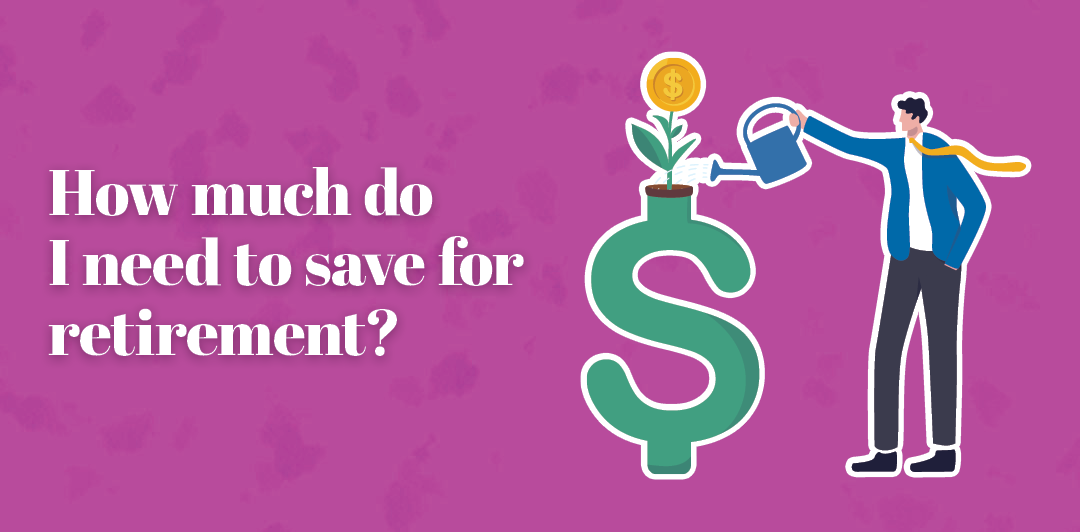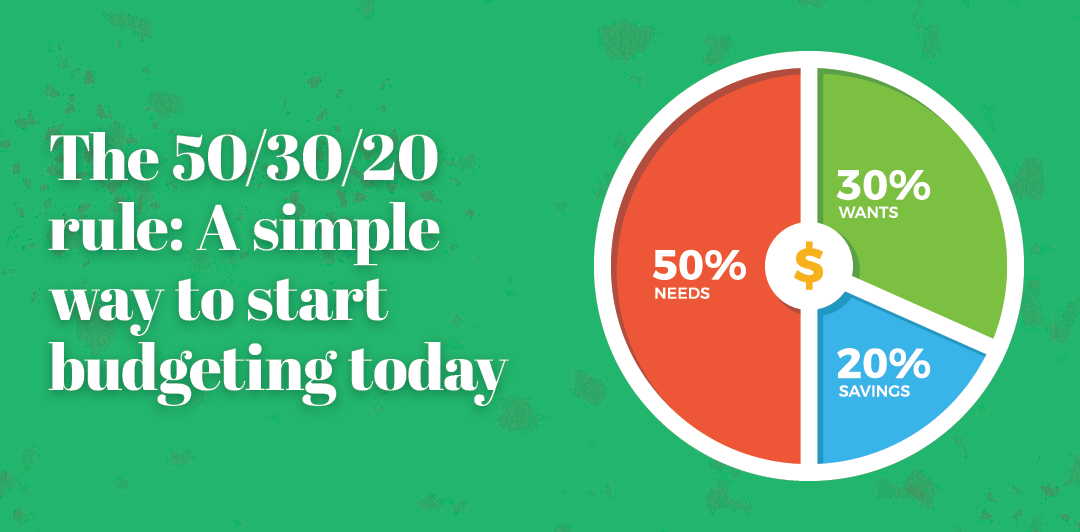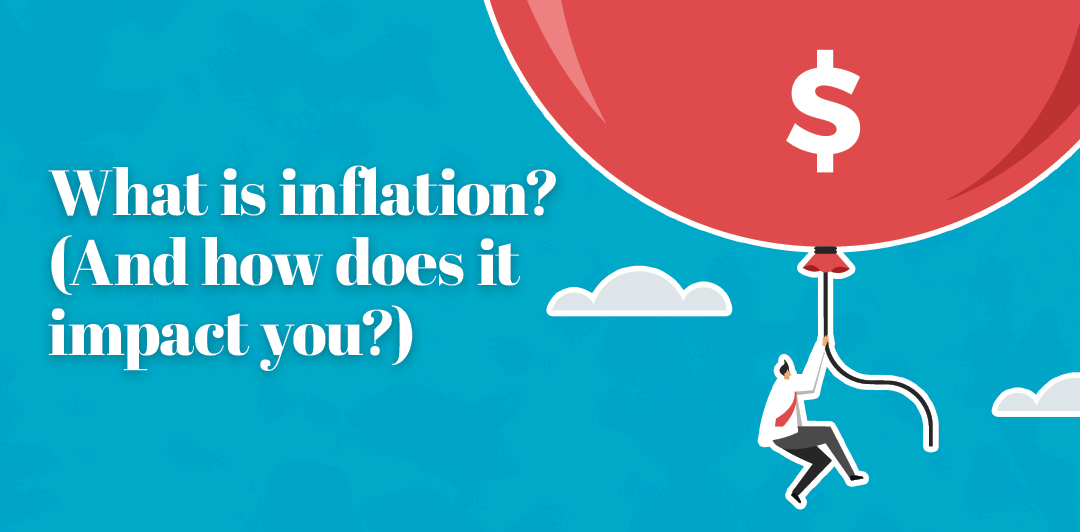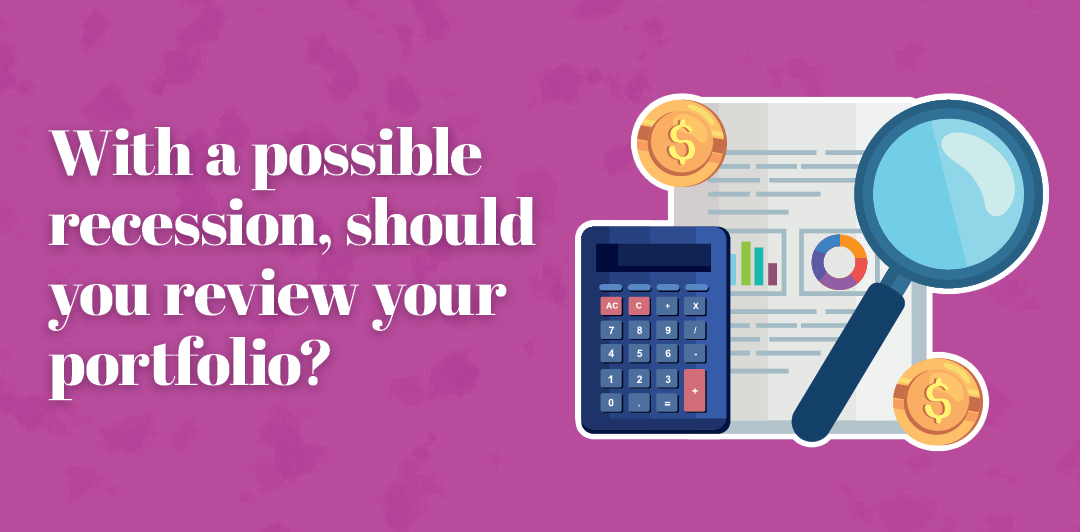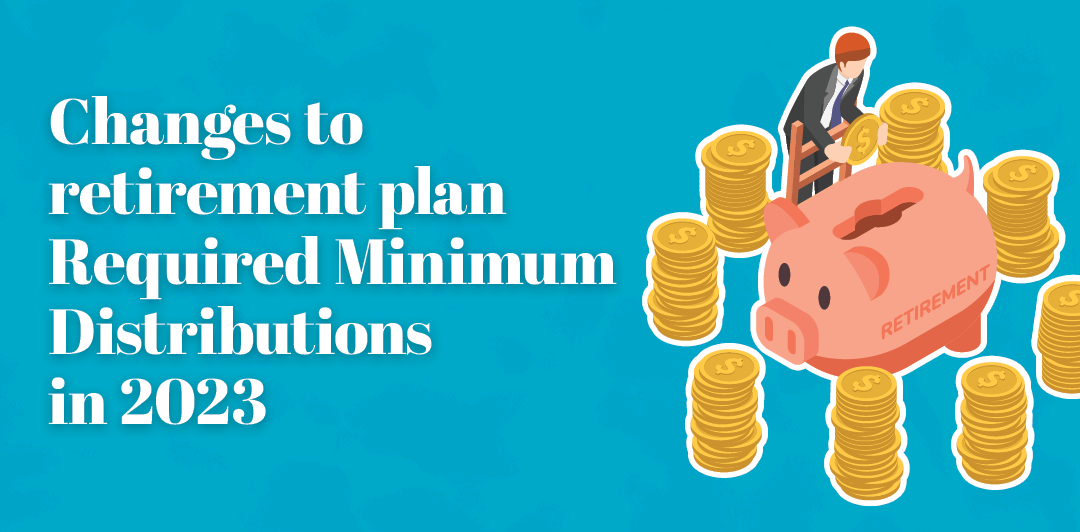

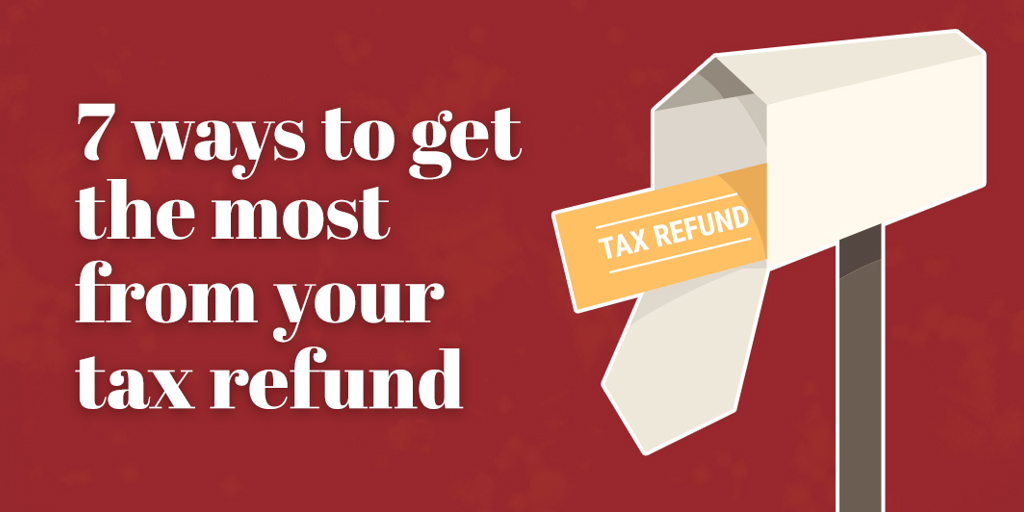
Seven ways to get the most from your tax refund
Saving money is a lot like exercising. You know you should do it, but you just don’t want to. As tax season approaches, a refund is a great opportunity to better position yourself for financial fitness. If you’re expecting a check from the IRS, here are some ways you can put it to good use:
- Pay down high-interest debt.
It doesn’t make much sense to put your refund into a savings account earning 1 percent interest, or even an investment earning 6 percent interest, when you have credit card debt charging you 15 percent interest on your balance.
- Establish or beef up your emergency savings account.
The importance of having an emergency account cannot be overstated. Ideally, you should have six months of living expenses saved for an emergency. If you don’t have an emergency savings account — or if you don’t have enough saved — tuck that refund away for a rainy day. You’ll thank yourself later.
- If your credit needs some work, get a secured credit card.
Secured credit cards require a cash security deposit. Most of the time, the deposit must be equal to your credit line. By using the card and paying your bill on time each month, you can establish or reestablish your credit. When your score improves, you may be approved for a regular credit card.
- Contribute to or open an IRA.
When you reach retirement, you will never regret having set this money aside. A traditional Individual Retirement Account, or IRA, will provide tax benefits for the year during which you contribute. It will, however, be taxed as income when you tap into those funds during retirement. A Roth IRA, on the other hand, allows you to withdraw your savings tax free, and the money invested grows tax free as well. Contributions, though, are not tax deductible.
- Save for your kids’ education.
Qualified tuition plans, or 529 plans, can now be used for K-12 education expenses, in addition to $10,000 in student loan repayment. Most states offer tax benefits for contributions to 529 plans — plus, you don’t have to pay any taxes on the growth in your account.
- Make an extra mortgage payment.
It doesn’t sound very fun, but making extra mortgage payments can deliver a huge benefit. With just one additional payment per year, you can potentially shave four years off of your mortgage, depending on the loan’s interest rate.
- Invest your refund in a brokerage account.
If you do not have an immediate financial need, invest it; it pays way more than parking that money in a savings account. Over time, the stock market has historically averaged between 7 and 8 percent in yearly returns.
Tax returns this year are due on Wednesday, April 15. There are no local holidays extending the time, as happens some years. The IRS anticipates processing some 150 million individual tax returns. The filing season begins on January 27.
Alyssa Proctor is assistant vice president, Investment & Trust Services relationship manager at F&M Trust
Recent Articles
Join our e-newsletter
Sign up for our e-newsletter to get new content each month.
















